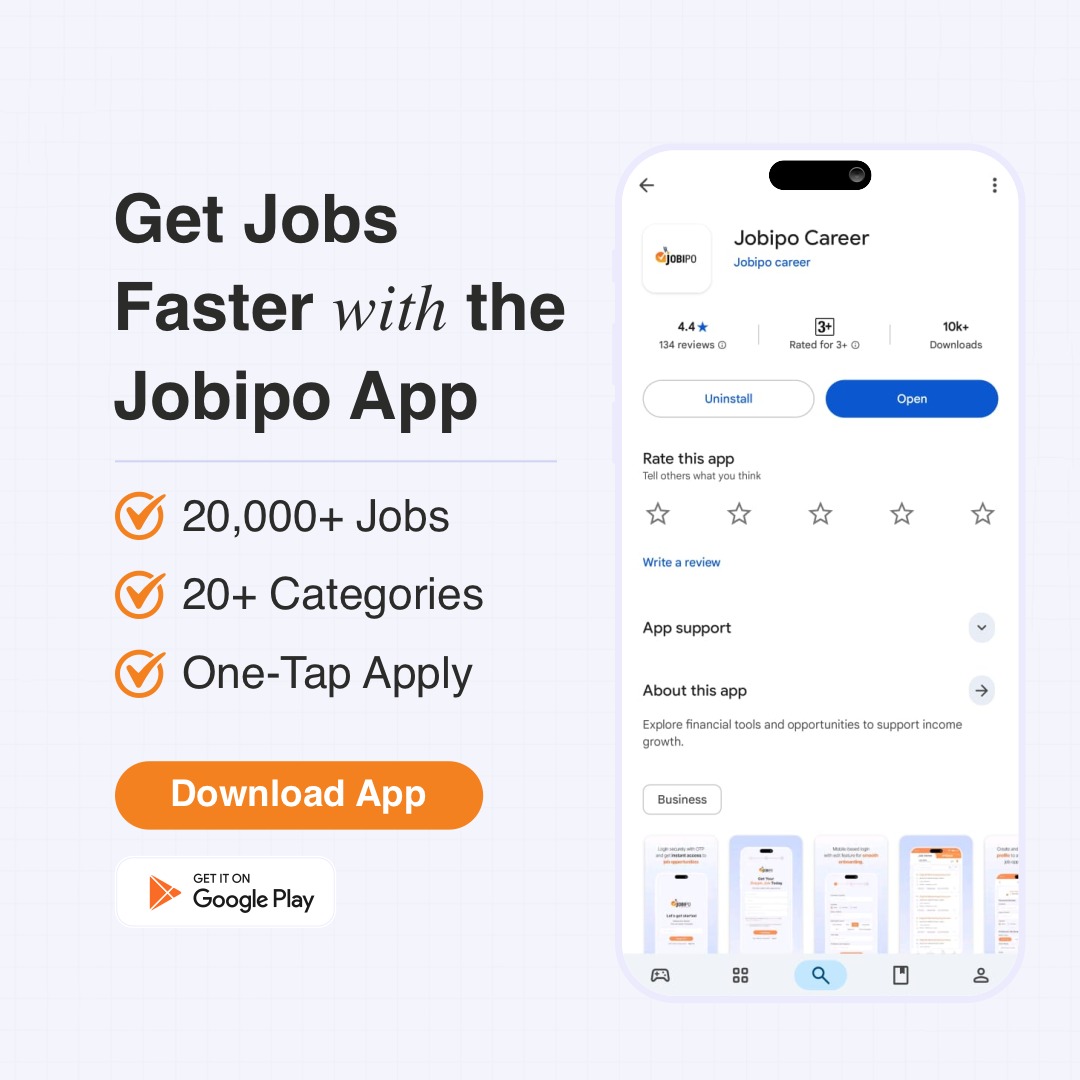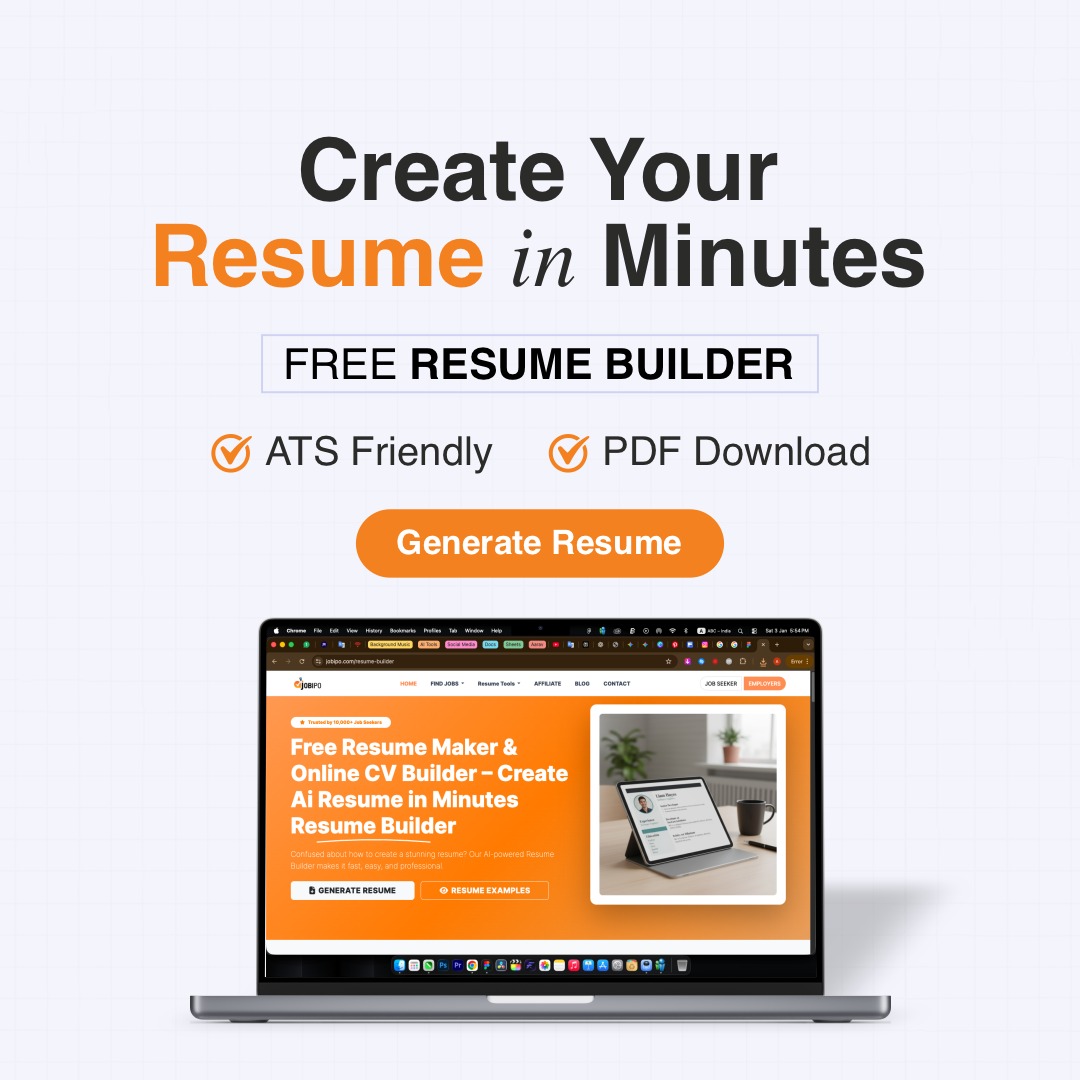An interview is not just a question-and-answer session; it’s a meetup with your true self, highlighting your skills and qualifications. Many people consider them as an exam and get nervous or even believe in memorising perfect answers to pass, but interviews are not exams; they are beyond that. Not only do your answers matter in an interview, but the way you speak, your body posture, and everything matters. Recruiters assess much more than your answering skills.
The bridge between your job application and your first day is your interview. An interview is not a simple assessment of your skills and capabilities; it’s your mirror to yourself about your capabilities, skills and academic qualifications. It shows the way you think, talk and respond, which are beyond your skills and qualifications.
What does an Interviewer assess in an Interview?
An interviewer basically checks your:
- Skills: Including your soft skills and hard skills.
- Behaviour: How you respond to each question, including your stability and composure.
- Punctuality: The way you manage time and situations.
- Capability: Your capacity of doing task and how you will add value to the firm.
These are the most basic things that an interviewer checks in you in an interview.
Types of Interview rounds
An interview is not a simple process of asking questions and giving answers; it’s beyond a simple question-and-answer round, it’s an assessment of your skills, qualification and strengths.
And a single round is not enough to understand your true self, mainly companies assess three rounds of interview, while the number of rounds can be increased in some specific situations, like senior roles.
Not every company follow same set of rules and rounds for interview, but here are a few common rounds that basically every industry follows:
- Screening Round: Most companies hold it as the first round of the interview. This interview is basically conducted on mobile phones or video calls, to check the basic skills and your interest in the role.
- Assessment Round: For technical roles, there can be an assessment round to check your knowledge about the particular role. It can include practical tests, coding or any presentation to see your way of presenting data and your ideas.
- Group Discussion: Some companies, like management and consulting, conduct group discussions as an interview round to check your communication, leadership and teamwork. They often conduct written tests to check your accuracy and speed.
- Managerial Round: Basically, this round includes the assessment of your behaviour, response and the way you handle the challenges. The interviewers give you real-time situations or ask about the challenges you have faced and the way you have handled them.
- HR Round: Mostly this round is considered as the last round in the interview where the higher authorities I.e, decisive authorities, assess you about your fit in the company culture, your long-term goals and your salary expectations.
- Extra Rounds: Not all, but some of the organisations include some additional rounds like panel interviews, final case presentation and emotional intelligence level to check their leadership qualities and decision-making skills majorly for higher roles.
How many Rounds does the interview have?
As we discussed earlier, not every company follow same propaganda to hire an employee; it basically depends on the size of the company and the role:
- Startups : Startups usually keep the process short and basically their interview consists of 2-3 rounds, typically one skill test round and one HR round. They want to keep the process short and early.
- Mid-sized companies: Mid-sized companies usually have 3-4 rounds in an interview, including screening, technical, managerial and HR rounds. They keep a keen balance in speed and evaluation.
- Large companies: Large companies mostly have 5-6 rounds following a standardised process. Their every round is dedicated to a special skill.
1. Technical roles: Technical roles often include more rounds, like assessment, coding or case studies.
2. Non-technical roles: Non-technical roles mostly focus on creativity, communication and situation handling.
Yet three common rounds are included in every industry:
- First: The first round of interview is a simple assessment round, where the interviewer asks about your basic skills, like communication, time management and your interest in the role. The first round includes your knowledge about yourself, the company and your role.
- Second: The second round of the interview includes an in-depth assessment of your skills and qualifications. It includes the assessment of your reactions in real-time situations, ‘what are you going to do if such a situation arises in front of you’. They assess your behavioural changes in a challenging situation.
- Third: The third round, largely known as the HR round, includes the interview with the decisive authorities who decide if you can fit in the company culture or not; they learn about your long-term goals and your salary expectations. They decide whether you have passed the interview or not.
How to prepare for each round
Each round is conducted with a purpose. They are designed with a clear assessment of every skill of yours, so preparing for a single thing won’t work out; you need to prepare for every round separately.
1. Screening round
- What to expect: Basic questions about your skills, background and interest in the role.
- How to prepare:
- Keep a short, clear introduction ready.
- Read about the role and match your skills accordingly.
- Speak with confidence and clarity.
2. Technical round
- What to expect: Tests or an interview that assess your professional knowledge and problem-solving skills.
- How to prepare:
- Practice mock test papers available online.
- Revise core concepts in your fields.
- While answering, include your thoughts rather than bookish answers.
3. Group Discussion/ Written test
- What to expect: A group task, like a debate, to analyse your teamwork and critical thinking.
- How to prepare:
- Practice speaking clearly and confidently.
- Stay updated on current and trending topics.
- In the written test, focus on your time management and speed.
4. Managerial round
- What to expect: Questions about real-time situations and past challenges.
- How to prepare:
- Show problem-solving, adaptability and emotional intelligence.
- Use your experience as an example.
- Stay confident without losing your posture if any difficulty arises.
5. HR round
- What to expect: Questions about your long-term goal, salary expectation and culture fit.
- How to prepare:
- Research about the company culture and values.
- Be honest about your salary expectations and flexible about negotiation when needed.
- Show your interest in the role and growing in it along with the company.
Common Mistakes Candidates Make
- Not researching about the company: Walking into an interview without researching about the company shows a lack of interest, so always research beforehand.
- Overconfidence and underconfidence: Confidence is an important factor in an interview, but sometimes overconfidence kills as well as underconfidence. Being too over-confident shows arrogance, while being too nervous hides your strengths.
- Poor body language: Your body language defines your behaviour and confidence. Avoiding eye contact, fidgeting or hesitating are the signs of poor body language.
- Talking too much and talking too little: Long and unfocused answers can confuse the interviewers, while too short answers may not show your ability.
- Weak follow-up after interview: Not sending a thank-you note after an interview can make you look indifferent.
How to Pass Each Round
Every stage requires a slightly different approach. Here’s how to pass them:
- Screening Round: This round is considered the first impression round. Be confident and clear about everything and show your interest in the role.
- Assessment Round: Practice is the key. Revise all the important points of your role, practice mock papers and don’t be afraid.
- Group Discussion: Showcase teamwork, your ability to speak and your leadership skills, maintain your speed and flow.
- Managerial Round: Use real-life experience to showcase your accepting challenges and how you handle them. Don’t lose composure while answering.
- HR Round: Be honest about your salary expectations and show your interest in future growth with the company.
Final Thought
An interview is more than just a series of questions; it’s your assessment of your true self, your strengths, weaknesses, academic qualifications and skills. Not only does the company evaluate your skills and qualification you also come across your real strengths and your weak points, and it gives you a chance to check whether your goals matches with the role.
Every round is a stepping stone towards your career journey, and passing them requires confidence, preparation, self-confidence and adaptability.
Even if you don’t pass it, every interview is a set of knowledge to sharpen your skills and prepare yourself for the next opportunity.













Comments